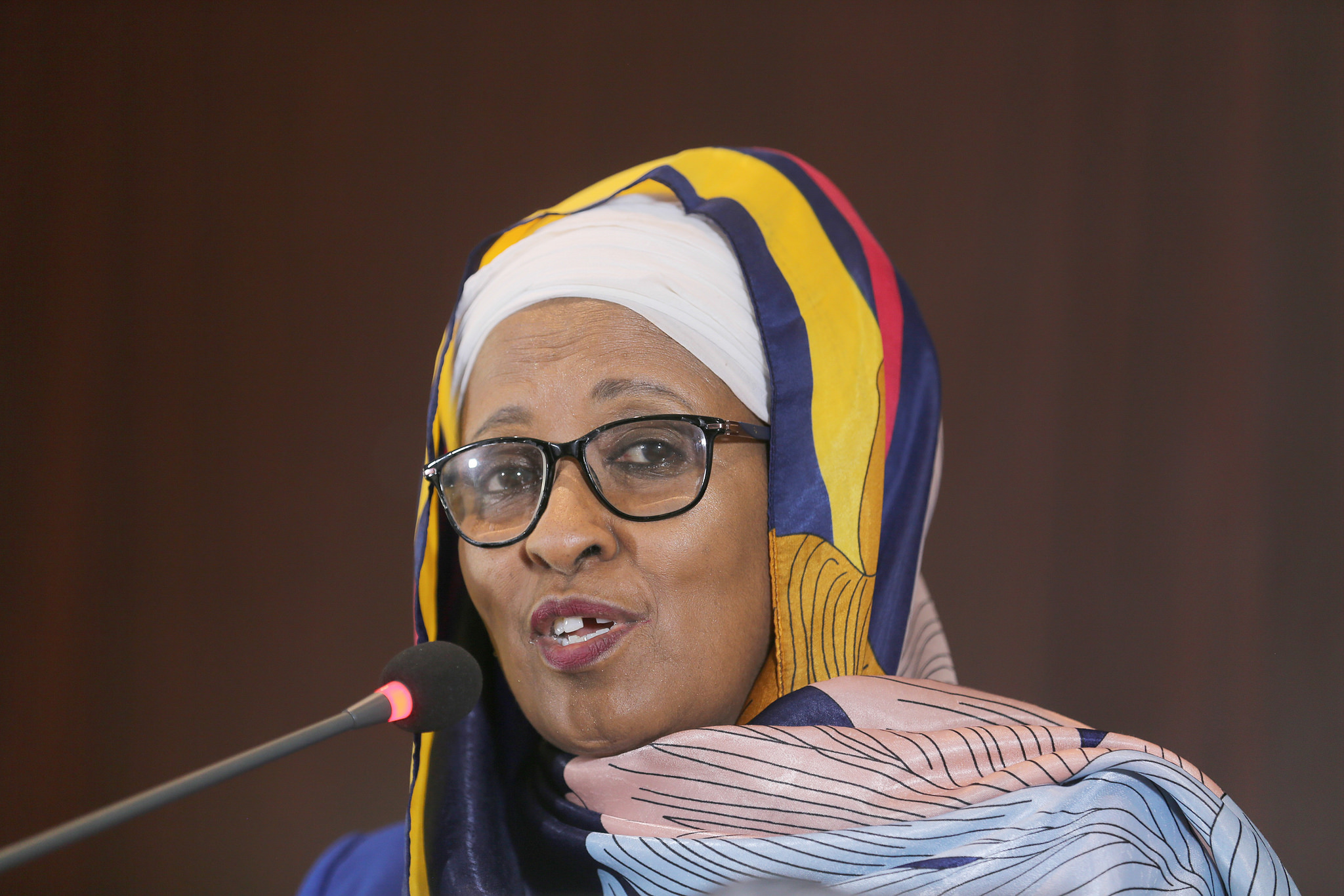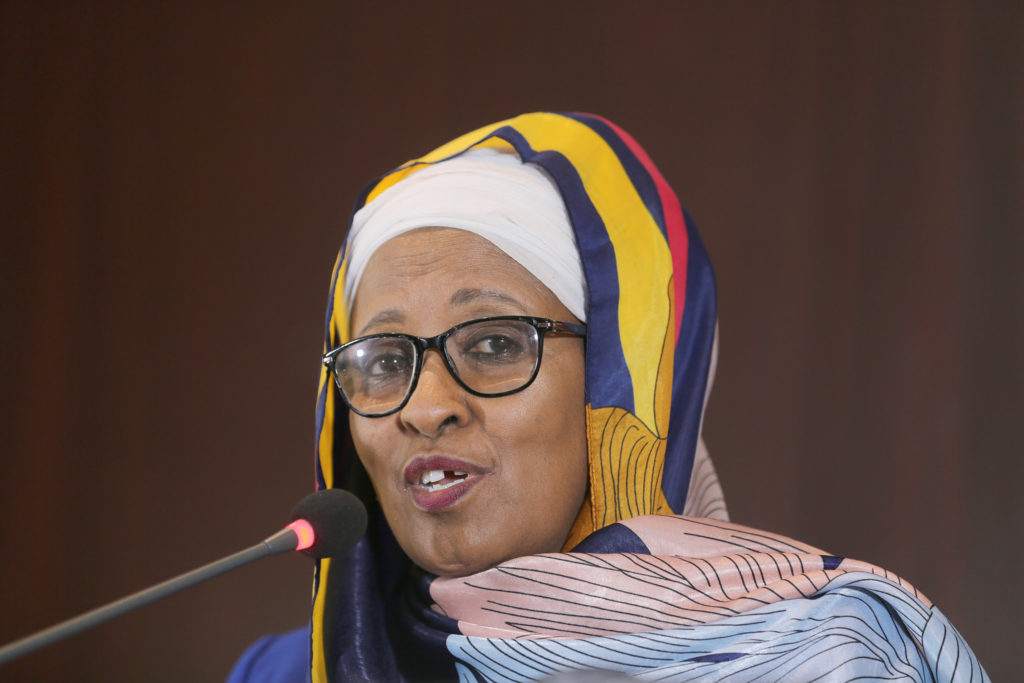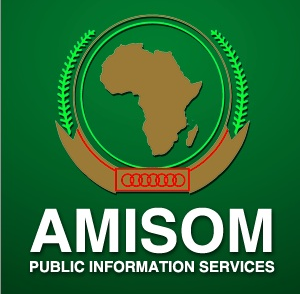Somalia’s electoral stakeholders meet on boundary delimitation


 By Amisom Public Information
By Amisom Public Information
Nairobi, 24 April 2018 – Top officials from key ministries of the Federal Government of Somalia, the National Independent Electoral Commission (NIEC), and the federal member states are meeting in Kenya’s capital Nairobi, to discuss electoral boundary delimitation.
The meeting, organized by the Political Affairs Department of the African Union Commission and facilitated by the African Union Mission in Somalia (AMISOM), is brainstorming on the legal and institutional framework for electoral boundary delimitation, use of technology and impact of government and electoral systems, on the delimitation.
“The African Union has the mandate to provide election support to election management bodies of member states. The electoral commission of Somalia is one of our priority institutions in terms of providing long term electoral assistance on the continent,” Mr. Guy Cyrille Topiko, the acting head of the Democracy and Electoral Unit at the African Union Commission said in his opening remarks to the workshop yesterday.
The AU official who is representing Minata Samate Cessouma, the Commissioner for Political Affairs at the African Union Commission at the meeting, expressed the Commission’s commitment to attain free, fair and transparent elections in countries in Africa.
The three-day meet is being attended by 24 participants, who will draw parallels with boundary delimitation in Kenya, Nigeria, the Democratic Republic of Congo, and Tunisia.
While acknowledging the complexities of determining electoral boundaries, Topiko noted that the Nairobi meet was happening at an opportune time, when Somalis are “engaging in a process of developing their constitutional legal framework for future elections”.
“For any country, the process of electoral boundary delimitation is complex and demands an inclusive participatory process in order to be successful,” he added.
ELECTORAL SYSTEM
Ms. Halima Ismail Ibrahim, the Chairperson of Somalia’s National Independent Electoral Commission, lauded efforts by the African Union Commission to educate electoral stakeholders on the critical aspects of elections, boundaries and delimitation, which she noted were intertwined. The NIEC was central to Somalia’s choice of electoral system in the 2016/2017 electoral process.
“If the Somalis are now choosing and selecting their electoral system; it is because of the training we had here,” said Ms. Halima, in reference to previous workshops organized for Somalia’s electoral body, by the African Union. She also called for cooperation from all stakeholders in preparations for Somalia’s one-person-one vote elections in 2020/2021.
In an interview on the margins of the forum, Haji Ssebirumbi Kisinziggo, AMISOM’s Senior Political Affairs Officer, said the workshop was in response to a request for further training by the NIEC.
“We (AMISOM) are here therefore to give that support as requested by the National Independent Electoral Commission. We are working closely with the Integrated Electoral Support Group within the UN, so that we coordinate our efforts,” Kisinziggo remarked.